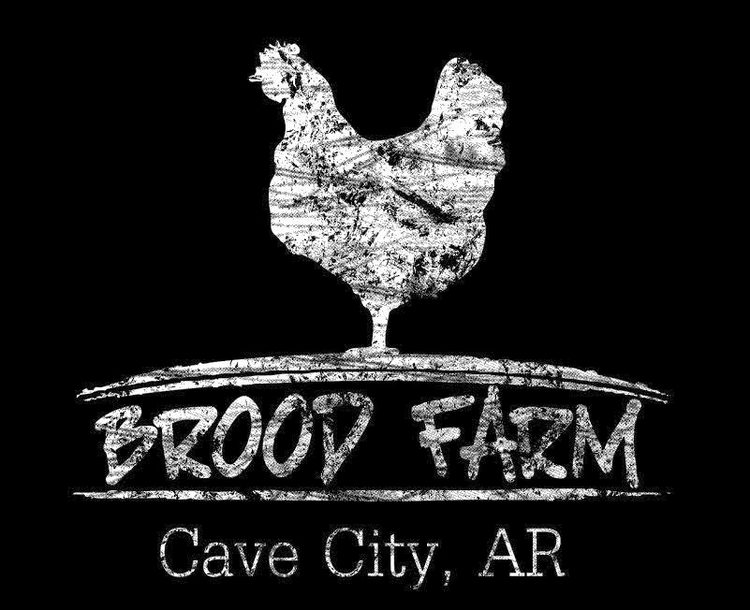This month's issue of World Ark, Heifer International's magazine, featured a great article on farmers of the world, "Sorry to Eat and Run, But . . ." by J. Malcolm Garcia. In it, he compares American farmers to farmers in the rest of the world.
"Subsisitence agriculture, where small farmers grow their own food to feed their families, remains common in developing countries. The typical subsistence farm includes a variety of crops and animals the family needs to feed and clothe themselves during the year. Planting decisions are made with an eye toward family needs for the coming year rather than market prices.
"Roughly 65 percent of sub-Saharan Africa's population relies on subsistence farming. For instance, 86 percent of Ugandans earn a living through subsistence farming; 85 percent of Angolians also rely on subsistence farming. Most of the economies of Lesotho, Malawi, Zambia, and Rwanda are also based on subsistence farming."
In the U.S., however, most farms are growing one or two crops, and they're doing it LARGE scale. "Today, fewer American farmers feed more people than ever before in the history of food production. . . . And, virtually none of these farmers feeds his or her own family with homegrown crops."
So, even the most successful farmers in the U.S. are not growing to feed their own families. They have to head to the store to do that. "Nearly 80 cents of each dollar Americans spend for food goes to pay for marketing services -- processing, packaging, transportation, storage and advertising. . . . All of these costs are associated with getting food into the most convenient form and packaging, sending it to the most convenient location at the most convenient time, and then convincing us to buy it. As consumers, we pay far more for the conveniance of our food than for the food itself."
I don't know about you, but I like the idea of being a citizen of the world, connected even to those who are 1/2 a world away. It's difficult as Americans who have every modern convenience at our fingertips to relate to those in developing countries. What do we have in common? What do we share? Well, lots of things, but one is this: the land. We forget that we depend on the land, and most Americans don't act like we need it. But, the simple act of digging a hole and planting a seed serves to connect us more with the world at large.
The article encourages, "Gardens are a teacher. . . . Gardens reconnect us to where food comes from. People do it to get their hands dirty. We've taken the tactile experience out of our environment [here in the U.S.]. Convenience has replaced feeling. We garden because it feels great. It's very natural."
And, isn't it true? It seems that we Americans are always conjuring ways to get back to nature: camping, hunting, fishing, kayaking, gardening. There's something in us that wants to be there. And why not? We were created there. God didn't speak forth a high-rise apartment building and then create Adam on the 58th floor. He formed him out of the earth itself and brought him to life in a garden.
What my garden looks like today -- some things are still kickin' despite the drought!
1. It's what most people on this earth that we call home do. Everyday. Do it to be in tune with the rest of humanity and to better understand those who seem so distant.
2. It's what we're meant to do. It's not a coincidence that you feel more alive floating the river than you do in an office building. You can create your own nature and "get back" to it in your own yard, everyday.














